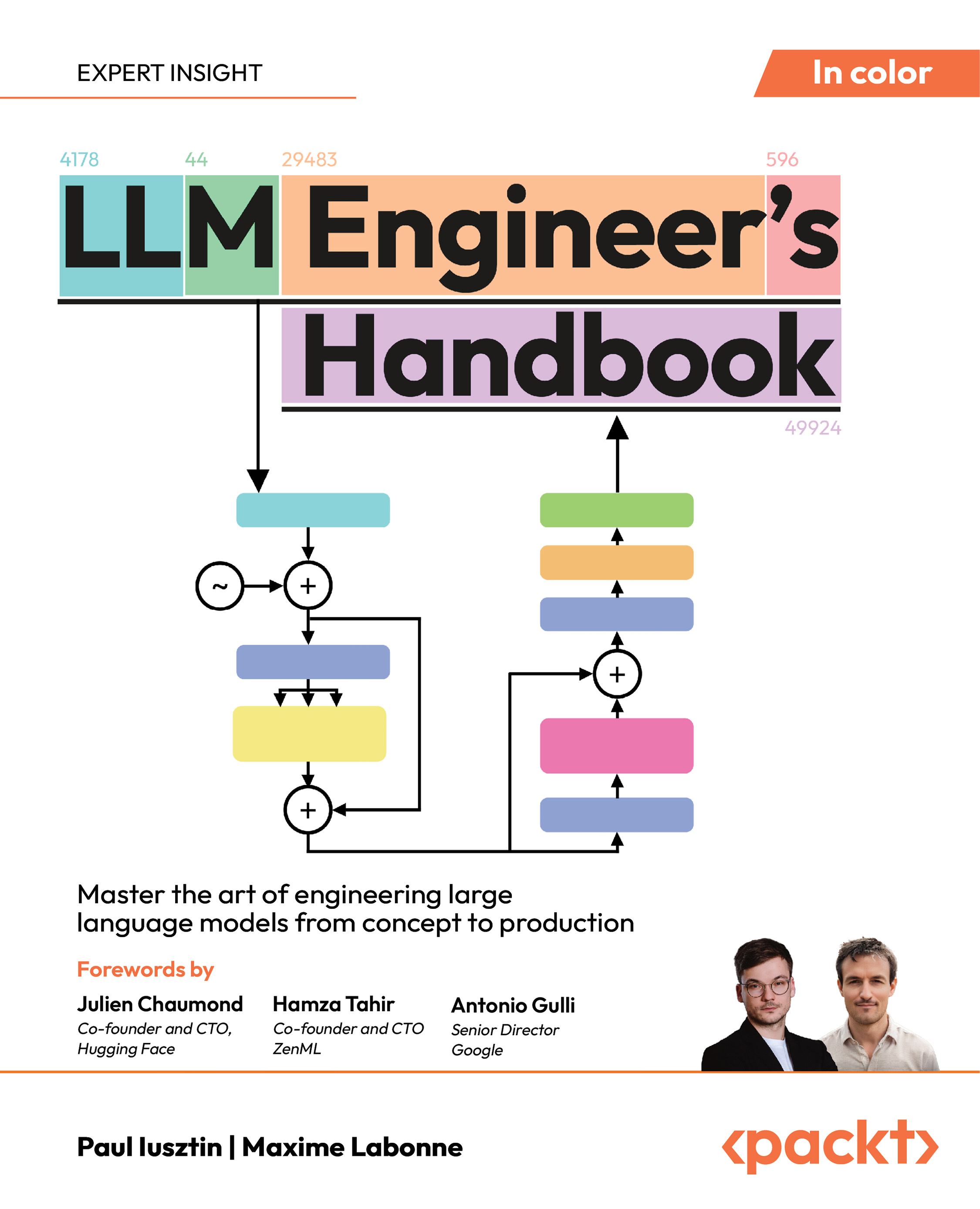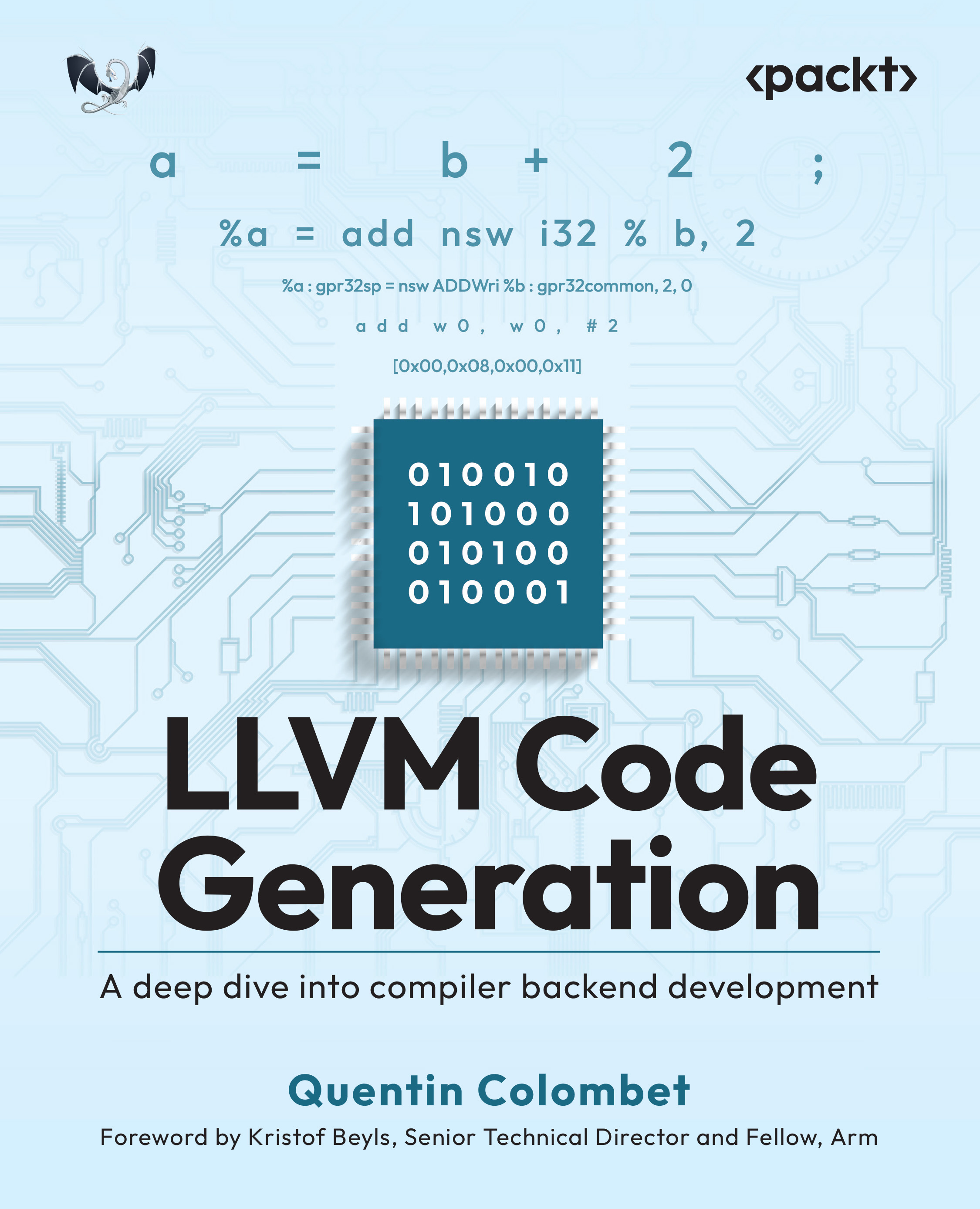Take note that we'll see how these Joomla! 1.5 items differ in use from a Joomla! 1.0 template, so that those of you looking to update a Joomla! 1.0 template to 1.5 can quickly get a handle on what to update in your templates and what new features to add.
Consider this article your "cheat sheet".
Jdoc include tags
The jdoc include tags are new to Joomla! 1.5 templates. Previously in Joomla! 1.0, more complicated, abstract PHP code, originally created for Mambo, was used. The jdoc tags are much cleaner, visually make sense (no more guessing what attribute values like "-3" mean), and, thus, are much easier to remember.
Site header information tag
This is pretty simple: the tag outputs all the appropriate meta tags and header information that corresponds to your site and each individual page:
<jdoc:include type="head" />
Joomla! 1.0 to 1.5 conversion
If you're converting a 1.0 template to 1.5, you'll replace this PHP function in your 1.0 template's header with the above jdoc tag:
Unlock access to the largest independent learning library in Tech for FREE!
Get unlimited access to 7500+ expert-authored eBooks and video courses covering every tech area you can think of.
Renews at ₹800/month. Cancel anytime
<head>
...
<?php mosShowHead(); ?>
...
The component include tag
Wherever you place this include, all component content will appear (from articles to poll results to contact forms, and so on):
<jdoc:include type="component" />
Joomla! 1.0 to 1.5 conversion
The 1.0 equivalent of this tag is the mosMainBody function. You'll replace this PHP function with the above jdoc include:
<?php mosMainBody(); ?>
Module position tags
With module tags, we have a few options to work with. So, we can control what modules load into the area, thus assigning their positions as well as what style to output the module content with:
<jdoc:include type="modules" name="position" style="styleName" />
Module position styles
In the jdoc include example above, within the style attribute, you can place one of the following six style names to various effect:
 United States
United States
 Great Britain
Great Britain
 India
India
 Germany
Germany
 France
France
 Canada
Canada
 Russia
Russia
 Spain
Spain
 Brazil
Brazil
 Australia
Australia
 South Africa
South Africa
 Thailand
Thailand
 Ukraine
Ukraine
 Switzerland
Switzerland
 Slovakia
Slovakia
 Luxembourg
Luxembourg
 Hungary
Hungary
 Romania
Romania
 Denmark
Denmark
 Ireland
Ireland
 Estonia
Estonia
 Belgium
Belgium
 Italy
Italy
 Finland
Finland
 Cyprus
Cyprus
 Lithuania
Lithuania
 Latvia
Latvia
 Malta
Malta
 Netherlands
Netherlands
 Portugal
Portugal
 Slovenia
Slovenia
 Sweden
Sweden
 Argentina
Argentina
 Colombia
Colombia
 Ecuador
Ecuador
 Indonesia
Indonesia
 Mexico
Mexico
 New Zealand
New Zealand
 Norway
Norway
 South Korea
South Korea
 Taiwan
Taiwan
 Turkey
Turkey
 Czechia
Czechia
 Austria
Austria
 Greece
Greece
 Isle of Man
Isle of Man
 Bulgaria
Bulgaria
 Japan
Japan
 Philippines
Philippines
 Poland
Poland
 Singapore
Singapore
 Egypt
Egypt
 Chile
Chile
 Malaysia
Malaysia













